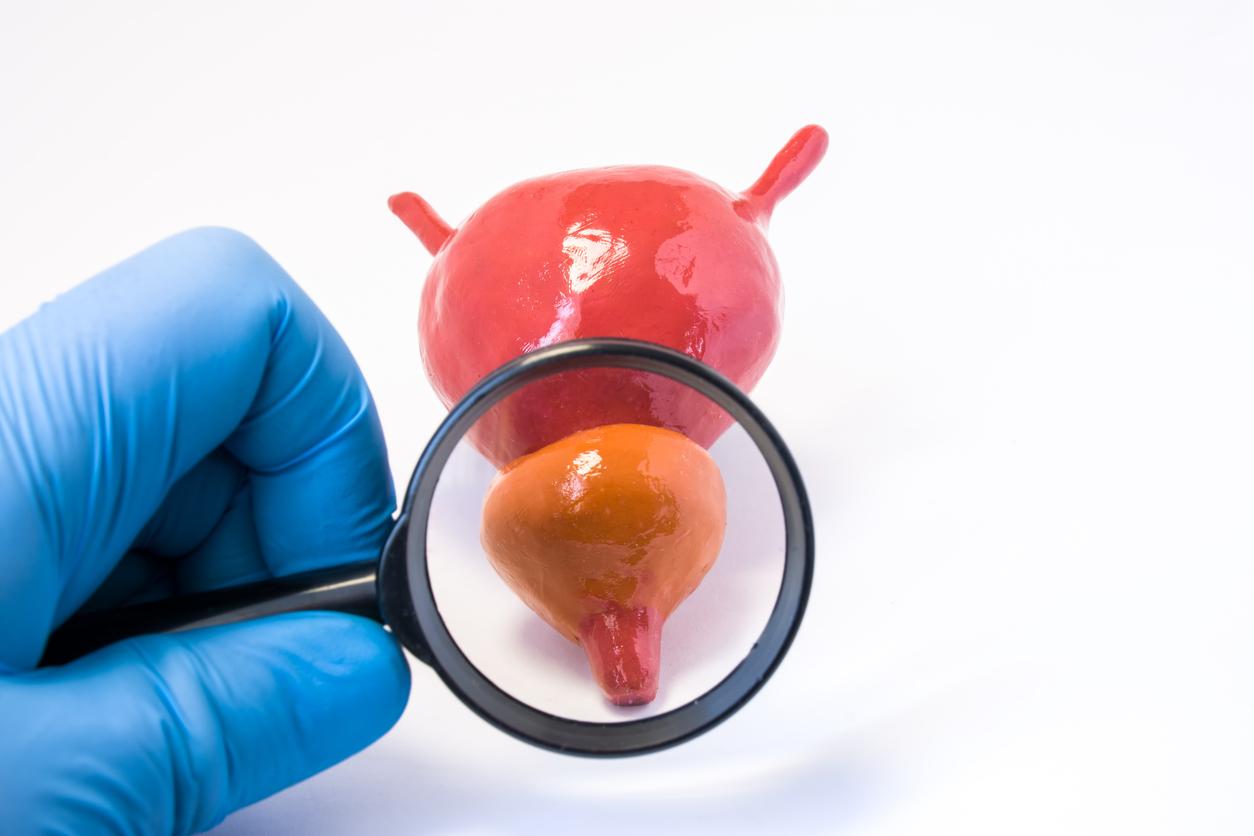Each year, the Movember association dedicates the month of November to raising awareness of male diseases such as prostate and testicular cancer.

- In November, the Movember foundation begins its annual prostate cancer awareness campaign.
- More than 50,000 prostate cancers are diagnosed each year.
- Manifestations linked to the increase in prostate volume can alert you to potential prostate cancer.
More than 50,000 annual cases of prostate cancer are detected in France. In November, men are encouraged to grow a mustache as part of prostate cancer awareness month, but also testicular cancer, mental health and suicide prevention.
This action, carried out for more than 20 years by the Movember foundation, aims to prevent physical and mental health problems in men, which are often too neglected, and to encourage the screening of these pathologies. “Generally, men die four to five years earlier than women and from causes that are largely preventable. Which means that this does not have to be true: we can all mobilize to live healthier, healthier lives. happier and longer lives”noted the Movember association daily South West.
What are the warning symptoms of prostate cancer?
In the early stages of the disease, prostate cancer usually does not cause symptoms. However, signs due to compression of the urethra when the prostate enlarges can occur. We distinguish in particular:
- a pollakiuriain other words a frequent need to urinate, especially at night;
- a weak stream of urine;
- urinary incontinence;
- a feeling of not having completely emptied the bladder;
- urinary infections (cystitis, prostatitis or pyelonephritis);
- urinary retention;
- the presence of blood in urine or semen;
- difficulty getting an erection;
- pain during ejaculation.
However, these manifestations linked to increased prostate volume may be present in pathologies more common than prostate cancer, such as benign prostatic hypertrophy or prostatitis, an infection of the prostate.
According to the Curie Institute, pain in the bones of the back, pelvis and legs can be identified when the prostate tumor spreads. Fatigue and weight loss may also appear.

Prostate cancer: a tumor often discovered during a medical consultation
Due to the absence of symptoms at the start of the pathology, prostate cancer is often diagnosed during a medical consultation. The doctor may notice an abnormal consistency of the prostate during a digital rectal exam, or an increase in the level of prostate-specific antigen (PSA), a protein made by the prostate, when reading the results of a blood test.
This prostate tumor can also be discovered during a consultation for urinary problems or lower back or hip pain.

















